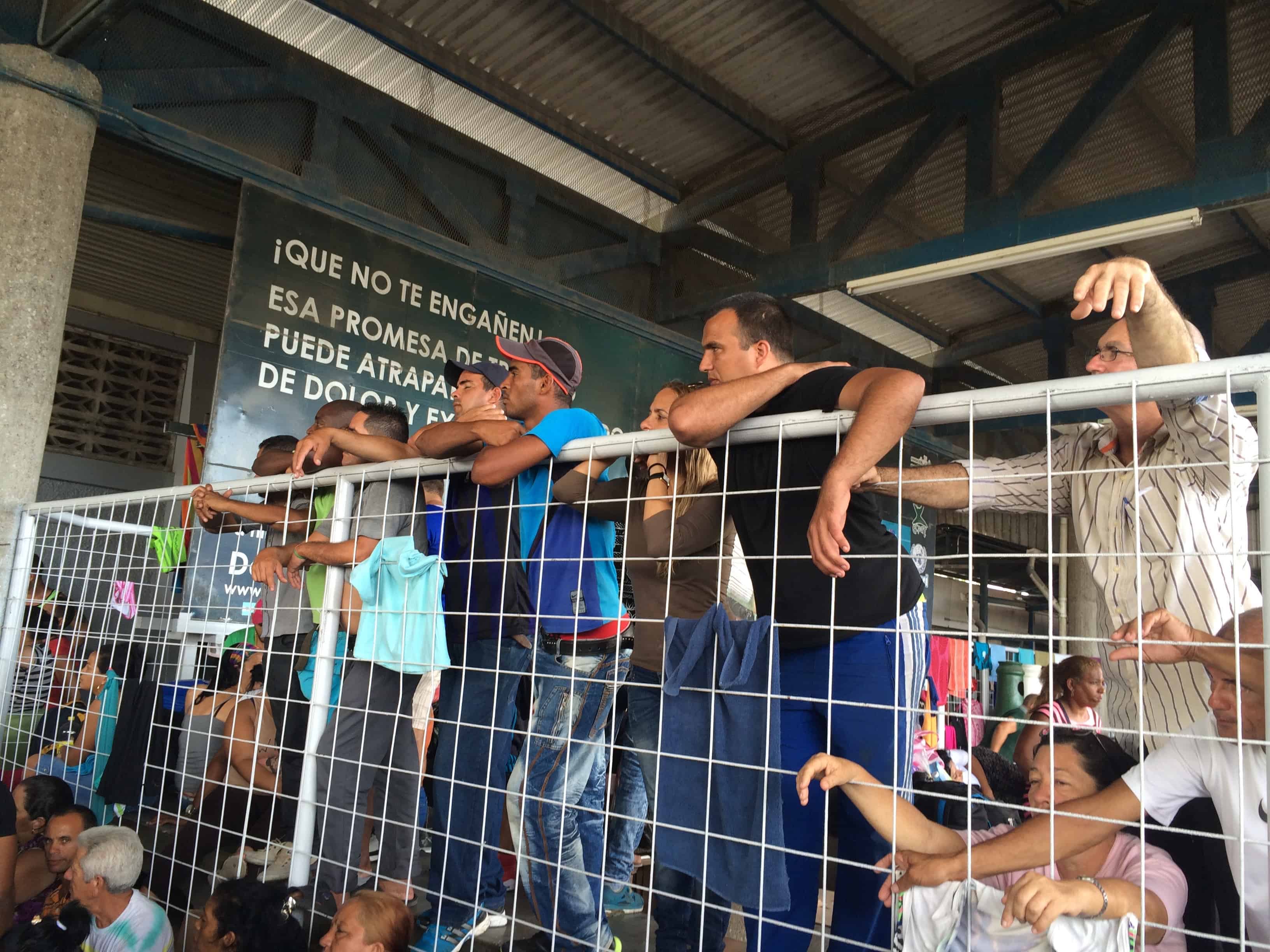A humanitarian crisis is unfolding at the Costa Rica-Panama border as migrants, many of whom sold everything to journey north, find themselves stranded due to new U.S. immigration policies. The once-bustling streets of Paso Canoas are now eerily quiet. Migrants, fearing detention, hide in hotel rooms instead of wandering the streets. This stark change comes in the wake of the Trump administration’s recent immigration policy shifts, which have forced many to abandon their dreams of reaching the United States.
“They come back defeated,” explains Lucy Nájera, a community leader in southern Costa Rica. “In their country of origin, they sold their house, possessions, everything. When they return, they will have nothing.” The situation is exacerbated by recent cuts to U.S. funding for humanitarian aid organizations in the region. As a result, migrant care centers have either closed or lost the capacity to help as many people as before.
Those who can afford it attempt to continue their journey from Costa Rica to Panama, often relying on “coyotes” to cross the border. However, in Panama, especially for Venezuelans, the risk of detention and immediate return to Costa Rica is high, as there is no repatriation plan to their home countries.
A community member of Paso Canoas warns of a worsening crisis: “The panorama is complicated and more serious if these flows grow, which we believe they will. We already see people stuck in Paso Canoas, and others will be added with multiple needs for humanitarian attention.” Migrants report harrowing experiences on their journey, particularly in Guatemala and Mexico, with stories of kidnappings, rapes, child trafficking, and disappearances becoming disturbingly common.
The situation is also causing alarm in Costa Rica, given the country’s limited resources to assist these stranded individuals. The Temporary Migrant Care Center (CATEM) on the southern border, once a hub of activity, now stands nearly empty. As the crisis deepens, the flow of migrants, while currently reduced, is expected to intensify in the coming weeks. With limited options and resources, thousands face an uncertain future at this border town, caught between the policies of nations and the harsh realities of their circumstances.






